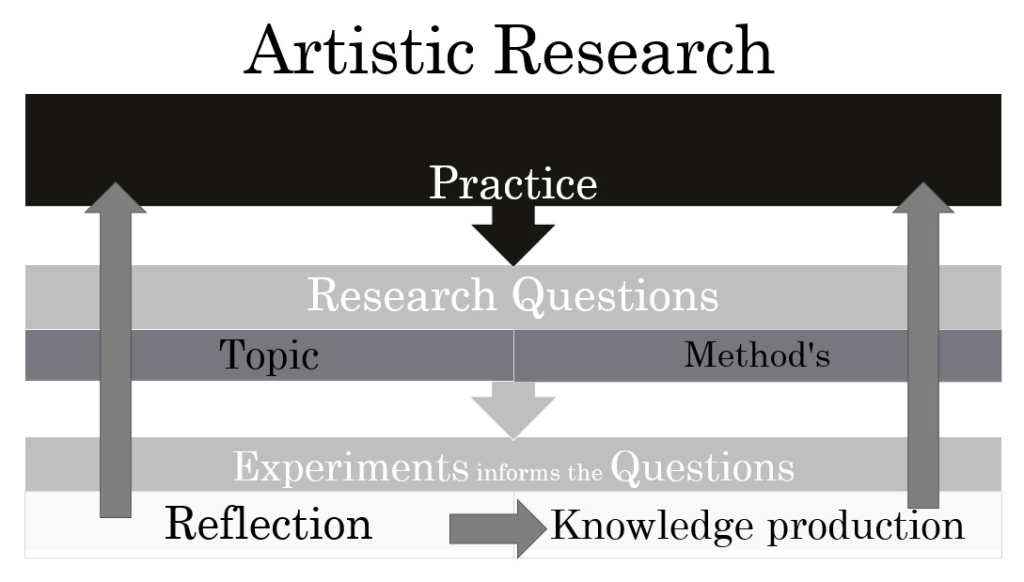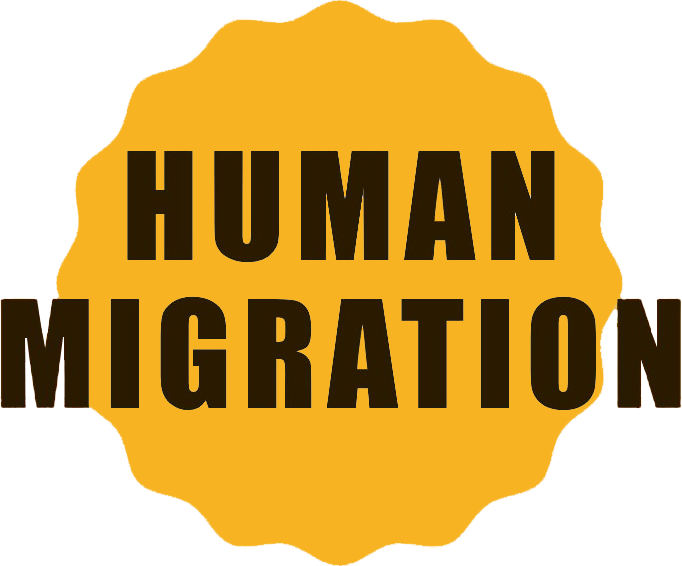Startingpoint
This project emanates in part from the most recent migration wave, where there were many negative voices among the population, the politicians and the press. It has been my wish to add more voices to the group of voices that had an opinion on this. I find that we consume the truth about complex topics like wrapped pieces of candy. We read three lines or a heading, and then often, a single statement will stand out. Therefore, there is a need for another space that you can gravitate toward, where you can focus on ingredients and flavour combinations, and where you can make up your mind. It is about active observation where you are trained to sort out the overly simplified. There is not one truth that has greater value than another. It is about negotiating perceptions and versions of realities.
If we want to live in a diverse society – which we do from my perspective – it is important that multiple voices are given speaking time. It may be that someone has to create platforms for the voices to emerge. I can have hopes that someday, we will not have to think in quotas or the distribution of speaking time, but that the voices will flourish and emerge by themselves because they stem from the people, and people are diverse.
I have invited my colleagues who teach performing arts as well as scientists and performers with migration background , so that different knowlegde could be brought into play. I decided to set up a framework wich gave space for imagination to the participants. Within these frames my colleagues then set up a framework for their owninvestigation. From my perspective, frames allow us to focus on creating content. Frames may thus be a way of letting go of control which along the way and in itself became part of the project’s DNA.
If, as an director, I have planned everything, I know what the finished product will look like and, honestly, the journey itself becomes boring. One of the most exciting things about living is learning something I do not already know. If I can create a framework where as much of the unknown as possible will permeate me, then I have an opportunity to learn more. I consider it to be a space of opportunity when I come to a new place where I am a little insecure and in deep water. When I let go of the control, this is where exceptional things can occur.
Mode of research

The model is developed by me and is my understanding of artistic research, it has developed through the years I have been head of artistic research at the Danish National School of performing arts 2012-2016. It is based upon the understanding that artistic research emerges from a practice that embedded in the researcher and it emerges from something the researcher either wonder or feels challenged about or a longing for something that does not exist within my practice.
From the practice, the research questions arise. Often there is both a topic and a method that interest. Through the experiments and new knowledge, you learn more about the questions that arose from your practice. Then through the documentation and reflection, we find new practice
Core Research Questions
Representation:
- Who has the right to tell the stories in (documentary) theater?
- Do you have to have personal experience – Or is knowledge & interest about the topic enough ?
Power structures in stage art:
- How do I move from a hierarchically position to a place where co-creation is possible?
- What does it mean to have the decision power in a production ?
- Does it belong to one person or is it at sequence of decisions made by various individuals or groups?
